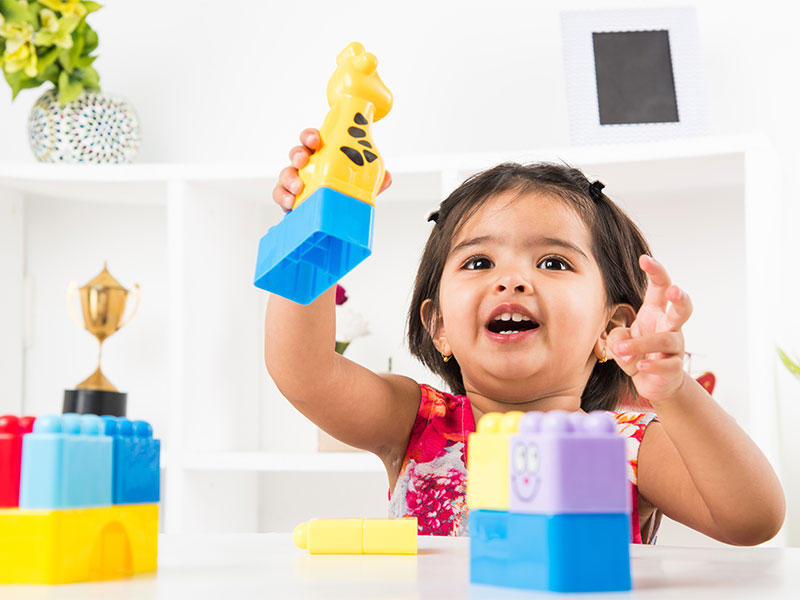Hello parents! It’s true that not every child is born with an unbridled sense of self-worth and confidence. Although it’s a worthwhile objective, we don’t always know how to raise confident children. It is enjoyable to engage in self improvement activities for kids. Take a peek at this article! Self improvement is the process of enhancing oneself via one’s efforts. It is our constant effort to become better people in all spheres of our lives. A person’s path to accomplishing their individual goals is their responsibility. Self-awareness and the capacity to change your behaviors are the most common places to start.
Self Improvement Activities for Kids:
Small kids who invest in their personal development will probably benefit greatly in life. But figuring out precisely how to teach kids about self improvement can be a little challenging. Fortunately, you can raise self-assured kids who are committed to improving themselves by using these self improvement techniques.
As a parent of a developing kid, you’ll invest a lot of effort in motivating your child to achieve. You might assist your child in developing better reading fluency, test-taking techniques, classroom manners in an online environment, etc.
The following are essential abilities that all children should aim to acquire by engaging in self improvement activities:
- Incorporate Self-acceptance with Self Improvement:
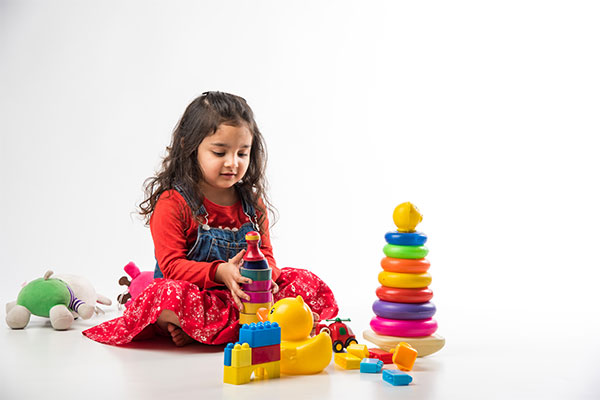
Don’t forget to emphasize the importance of accepting oneself to your kid. It’s crucial to convey to your kids the idea that they can accept themselves just the way they are while simultaneously working to improve. You don’t want kids to believe that they can’t be pleased with themselves unless they lose 10 pounds.
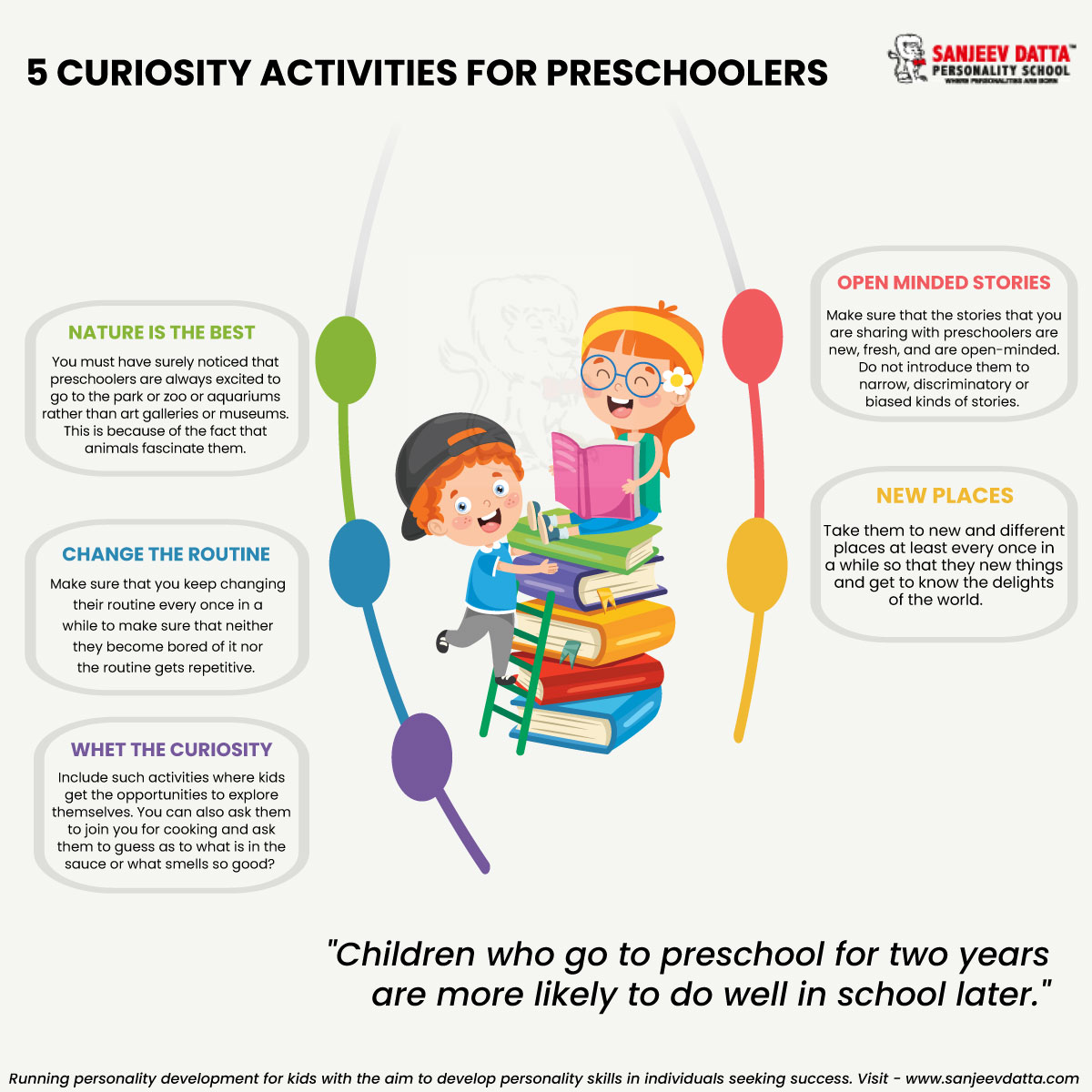
2. Identify your Child’s Strengths:
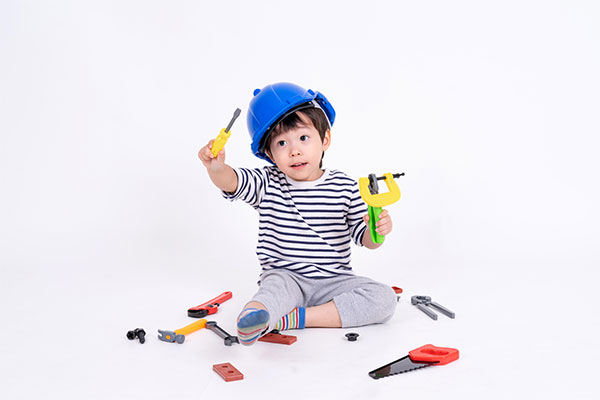
Inquire about their best qualities. Make sure they list traits that express their personality rather than just their appearance. While it’s okay for kids to think they’re lovely, kids’ self-perceptions should go beyond appearances. Make sure your child attends classes on personality development for kids, which can help them to identify their strengths on their own.
3. Find out What your Child Wants to Improve:

Determine what specific actions they can do to advance in those areas, whether they desire to play basketball better or interact with bullied children more amiably. You might need to help your child develop greater self-awareness. For instance, if they believe they are the smartest kid on the planet, respectfully point out that there is always room for development. Or, if they claim to be a poor singer, inquire as to what they can do to get better (such as enrolling in singing classes). Then, discuss whether they see it as a priority or something they would like to work on. You can enroll them in the best personality development school to analyze their skills.
4. Have Frequent Conversations with your Child:

Hold frequent discussions regarding the idea that everyone has areas of weakness and that it’s necessary to focus on those areas first while also acknowledging that you can’t be the best at everything.
Visit: best indoor activities for preschoolers
5. Praise Activities that are under your Child’s Control:
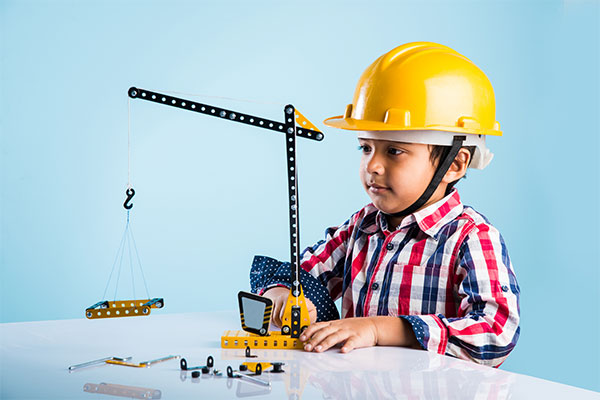
It’s useless to congratulate them for circumstances that are not within their control. As an alternative, compliment them on their decisions. If you compliment them on their decisions, it will be easier for your child to keep focused on the aspects of life they have control over, such as their efforts and attitude. Pay attention to his effort and offer encouraging words that help develop character.
6. Set Objectives Together with your Child:

Kids should continually strive for new objectives since it’s healthy. Assist your child in identifying positive, demanding, but attainable goals. Setting the bar too high for themselves could lead to failure for your kid. However, if their objectives are too simple, they won’t be genuinely developing themselves. To assist them to set attainable goals, you might need to provide some advice. Find a way for your child to keep track of their objectives. A chart, app, or calendar that allows them to track their progress could keep them inspired.
7. Promote Problem-solving to your Child:

It may be tempting to resolve your child’s issues. However, it would be unfair to manage their actions and save them as soon as they start to struggle. Make it clear to them that there are other ways they can approach the issue. Discuss the various approaches to solving a particular issue. Children who can solve problems effectively feel emboldened to confront problems head-on. Additionally, every challenge your child has presents an opportunity for them to develop personally.
Visit: stage fear activities for kids
8. Provide Rewards to Motivate your Child:

Your child may occasionally lack the desire to make changes. In those circumstances, a few additional rewards might be exactly what your youngster needs to perform better. Make your child’s privileges dependent on completing their tasks if they are unmotivated to complete their chores or their assignments. You don’t have to keep rewarding your child for everything they accomplish indefinitely. You can lessen how often you use prizes once they establish improved habits.
9. Give Power to your Child:
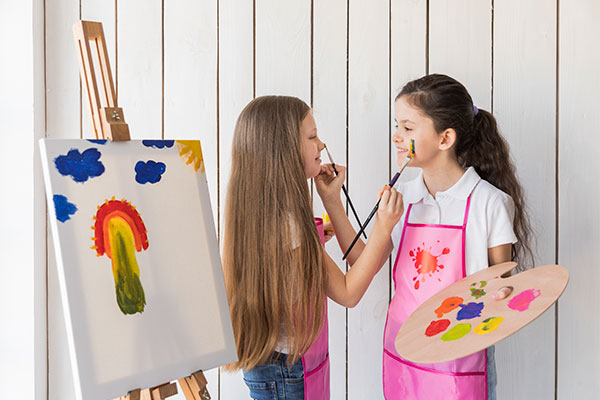
Your kid can discover how to improve themselves so they can alter the world. Kids need to understand that they can set bigger goals for themselves. They experience a feeling of significance and purpose when they know that their abilities, talents, and labor of love may be put to good use. Show your youngster that by being nice, kind, and helpful they can change someone’s life every day. Participate in community service initiatives or execute deeds of kindness as a group. Give children the freedom to identify ways to change the world, whether it be by making cards to give to nursing home residents or participating in fundraising events for charities.
Visit: how to motivate kids to learn
Conclusion:
You’ll need to offer lots of advice along the way if you want to continue to be active in your child’s quest for self improvement. Check to see if your child has healthy goals. If they start studying so intensively that they aren’t getting adequate rest, step in and help them realize that their habits are doing more harm than good. Set an excellent example for your child by discussing the ways you’re actively working on yourself; you can also encourage your child to do the same.
Hope this article has given you more knowledge regarding self improvement activities for kids. Apply these activities to aid in your child’s mental and physical development! Happy parenting!
Why Sanjeev Datta Personality School for Your Kid?
We focus on:
- CONCENTRATION DEVELOPMENT
- CHARACTER PRESENTATION
- PODIUM SPEECH TRAINING
- EXPRESSIVE ABILITY ENHANCER
- BODY LANGUAGE
- DIALECT DICTION AND VOICE MODULATION
- COMMUNICATION SKILLS
- PHONE ETIQUETTE
- SOCIAL BOLDNESS
- EXPRESSIONS AND GESTURE TRAINING FOR SCHOOL PERFORMANCES
- INTERVIEW TRAINING
- PRESENTATION TRAINING
- MEDITATION
For more details, contact us now!

